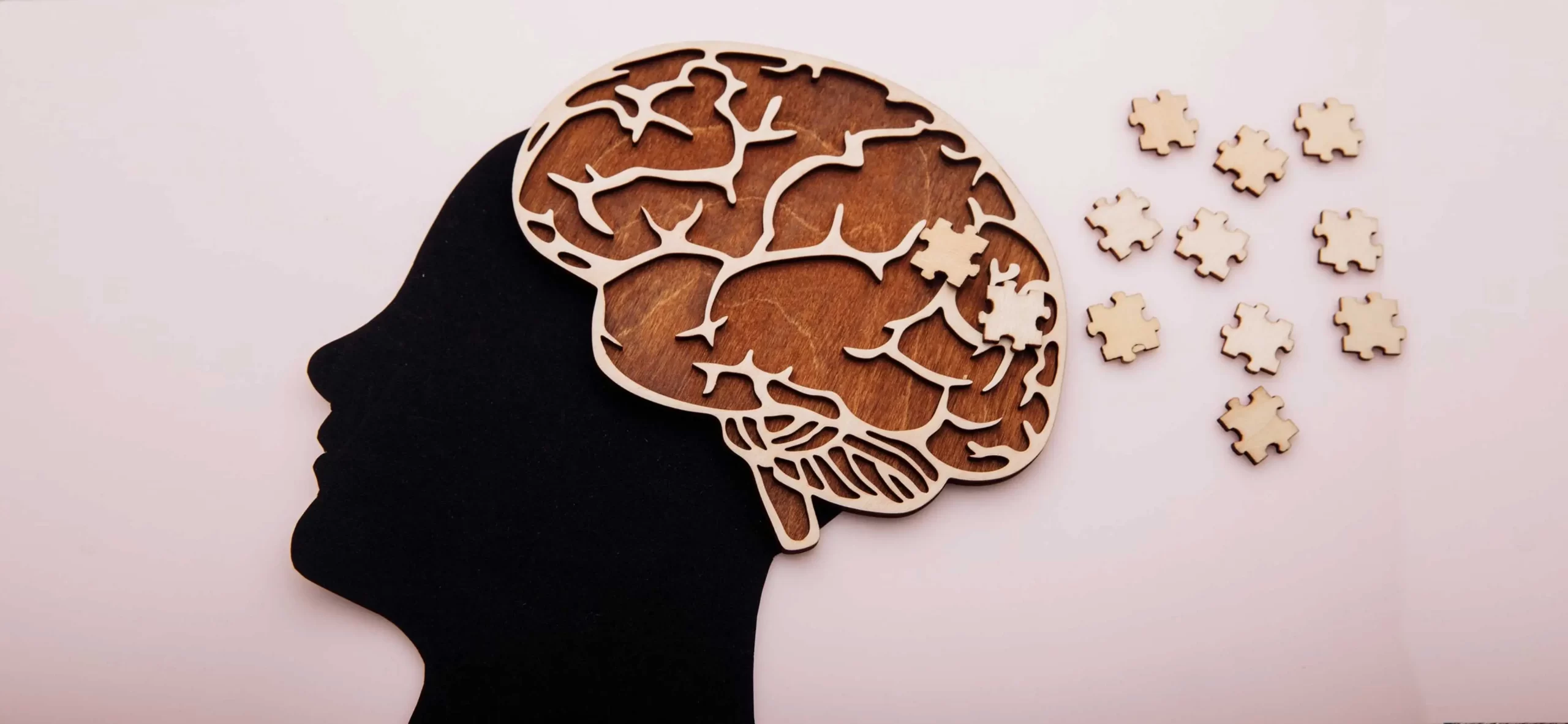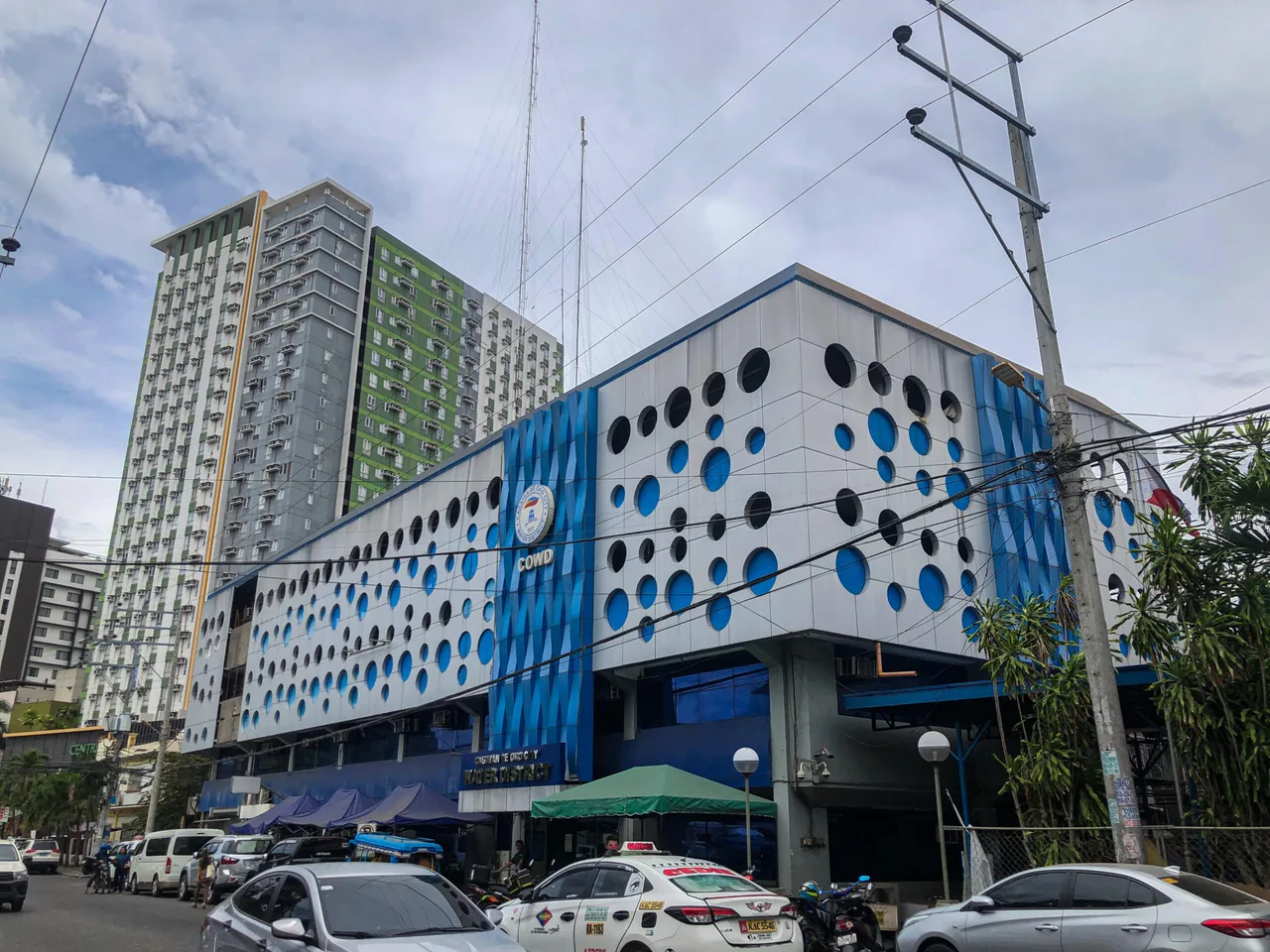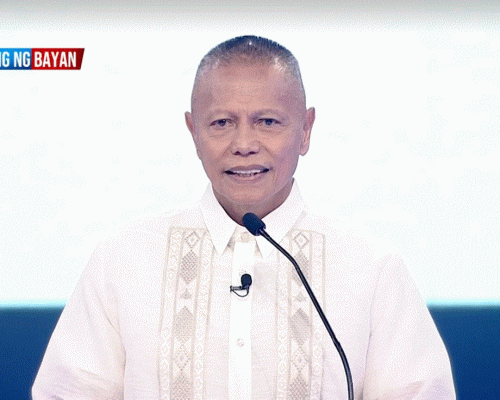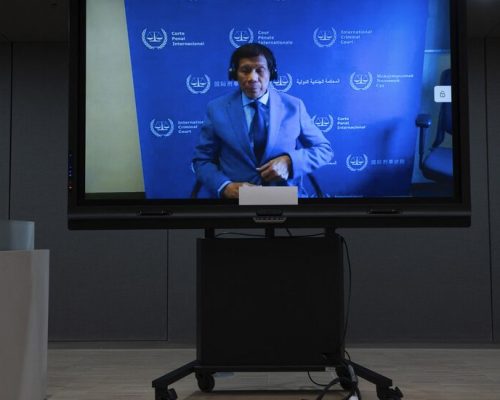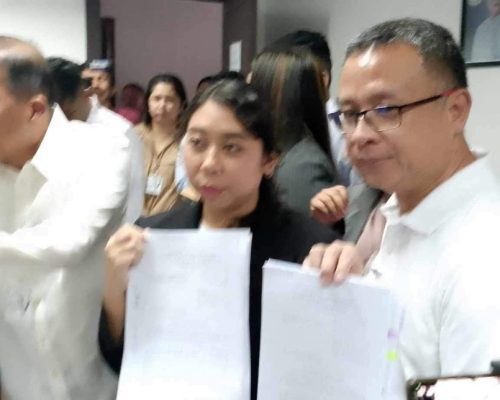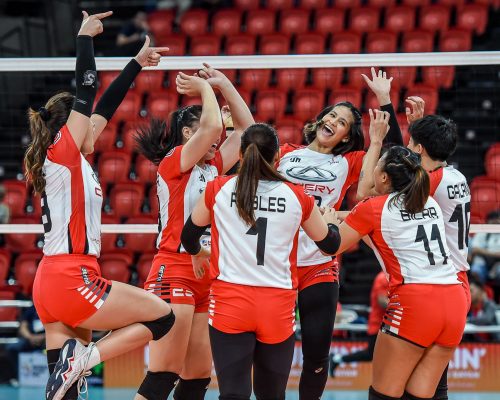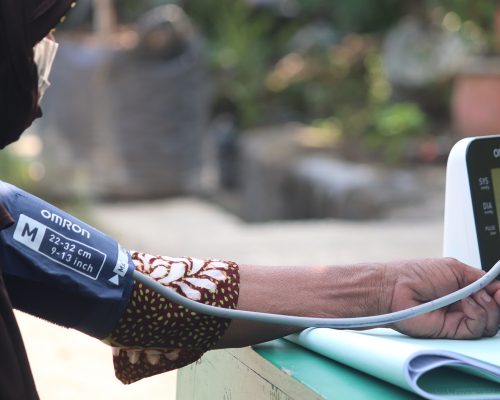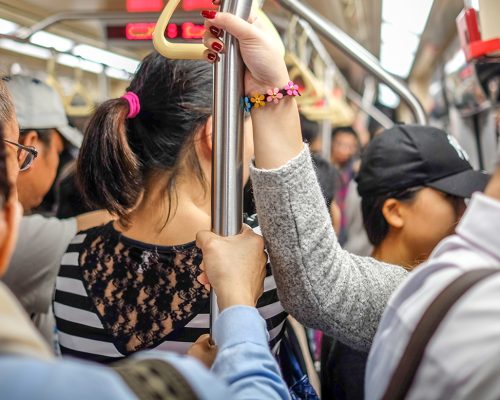We often hear the word ‘dementia’ as a condition for people losing their memories and functions of the brain. A kind of condition we never want our parents or loved ones to experience. Who’s not afraid of oblivion? We don’t even want to be strangers to the people we love, right?
According to the World Health Organization (WHO), over 55 million people across the globe are living with dementia. The number of people with dementia is estimated to rise to 78 million by 2030 and 139 million by 2050. The growing numbers may be more challenging since we do not have a definite cure for this condition.
Dementia affects a person depending on the impact of the disease and the personality of the person before becoming ill. It has three stages:
1. Early Stage: It is often overlooked because the onset is gradual. The common symptoms include mild forgetfulness, losing track of time, and becoming lost in familiar places.
2. Middle Stage: In this stage, the signs and symptoms become more obvious and more restricting. The common symptoms include becoming forgetful of recent events and people’s names; becoming lost at home; having increasing difficulty with communication; needing help with personal care; and experiencing behavioral changes, including wandering and repeated questioning.
3. Late Stage: in this stage, the person is nearly totally dependent and inactive. Memory disturbance is severe and physical signs and symptoms are obvious. Common symptoms include becoming unaware of the time and place; having difficulty recognizing relatives and friends; having an increasing need for assisted self-care; having difficulty walking; and experiencing behavioral changes that may escalate and lead to aggression.
Source: Dementia fact sheet. WHO 2017. http://www.who.int/mediacentre/factsheet/fs362/en/
WHO Director-General Tedros Adhanom Ghebreyesus said dementia robs millions of peoples’ memories, independence, dignity, and most of all the rest of us and the people we know and love. The world is failing people with dementia and that hurts everyone.
That’s definitely true, considering that dementia isn’t just about losing memories, it hugely affects a person’s comprehension and physical abilities. The patient with dementia has to be reminded all of the time about needing to eat, drink, even chew, and swallow–which is heartbreaking for all of us.
Experiencing memory loss alone as a sign of dementia does not automatically consider that a person has dementia. In an episode of “Stop COVID Deaths” online seminar hosted by the University of the Philippines (UP), memory loss is often defined as one of the early signs of dementia. So having memory loss alone does not automatically mean that a person has the condition.
According to Mayo Clinic, symptoms of dementia depend on the cause. Some of the common signs and symptoms of dementia include:
Cognitive changes
- Memory loss
- Difficulty communicating
- Difficulty with visual and spatial abilities
- Difficulty reasoning or problem-solving
- Difficulty completing familiar tasks
- Difficulty with planning and organizing
- Difficulty with coordination and motor functions
- Confusion and disorientation
Psychological changes
- Personality changes
- Depression
- Anxiety
- Inappropriate behavior
- Paranoia
- Suspicion
- Agitation
- Hallucinations
- Feat
- Apathy or loss of internet
Source: World Health Organization and Mayo Clinic
Meanwhile, WHO released last year a toolkit with tips and ways for caregivers and people managing and caring for people with dementia, and promotes their inclusion in society.
Some salient tips for dementia caregivers:
- Accept the diagnosis
- Learn what you can about dementia
- Improve emotional awareness
- Plan for your own care
- Talk to someone
- Stay active
- Make time for fun and relaxation
Some added guide and reminders for carers and family members on how to work with people with dementia at home:
- be patient and understanding
- show compassion and respect
- establish a daily routine
- speak clearly and slowly
- do not speak negatively
- keep tasks simple
- avoid confrontation and arguments
- laugh together
- use memory aids such as labeling doors
- avoid unnecessary medication
- encourage daily physical activities and mental exercises
- encourage independence and self-care
- provide a safe home environment
- use assistive technologies to minimize falls and injuries
Aside from people with dementia, their carers deserve care too since they can also experience mental health issues and burnout.
WHO suggested a dementia toolkit for carers and family members. Some points include:
- try to have a healthy lifestyle
- make time for hobbies and activities they enjoy
- do physical activities and exercise
- spend time with family and friends
- take breaks and vacations
- join social or interest groups
- go to religious services
- join a professional support group
There are instances that people with dementia and their family members cannot accept their diagnosis. It’s a difficult phase for the family but it is said that one has to try to be strong and once you embrace it, you can learn more about it
While there is no sure way to prevent having dementia, Mayo Clinic cited some steps to help in preventing it:
- keeping the mind active through mentally stimulating activities
- being physically and socially active
- quitting smoking
- getting enough vitamins
- managing cardiovascular risk factors
- treating underlying mental health conditions
- maintaining a healthy diet
- getting good-quality sleep
- treating hearing problems

